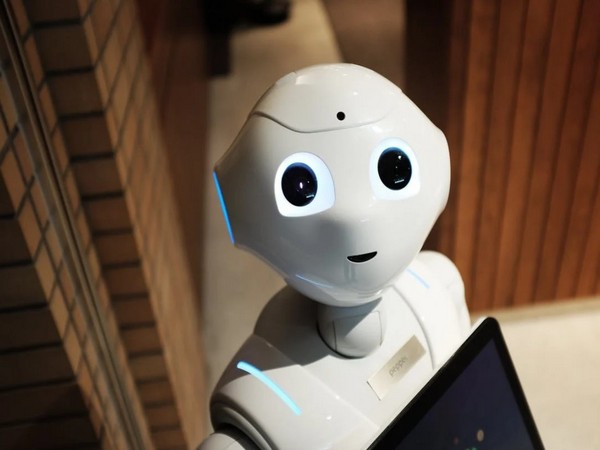

Robots may soon replace humans as our go-to companions, just as most of us never leave home without our smartphones.
According to recent experiments by Japanese researchers who created a hand-held soft robot that can enhance patients’ experiences during potentially unpleasant medical procedures, like injections, it appears to be the case.
Public health officials realised that some people simply fear needles, which contributed to lower vaccination rates, during the campaign to promote vaccination against COVID-19. There is still a need to test and put into practice solutions to help patients, even though the issues of patient anxiety and pain during medical procedures have been thoroughly studied.
Researchers from the University of Tsukuba have created a wearable soft robot that patients can use during treatments in an effort to lessen their discomfort, according to a study that was just published in Scientific Reports. The study participants who wore the robot felt less pain during tests where they were exposed to a moderate heat stimulus than those who did not. According to senior author Professor Fumihide Tanaka, “our results imply that the use of wearable soft robots may reduce fear as well as alleviate the perception of pain during medical treatments, including vaccinations.”
The soft, furry robot, which the researchers called Reliebo, had tiny airbags that could inflate in response to the movements of the participant’s hand. It was made to be attached to the participant’s hand. The participant’s hand was clenched as the researchers tested its effectiveness under various scenarios, while the other arm, which wasn’t being used to hold the robot, was subjected to the painful thermal stimulus. From the saliva samples of the patients, the researchers also measured the concentrations of oxytocin and cortisol, which are biomarkers for stress. A survey test was also conducted to assess the patients’ fear of injections and psychological state before and after the experiments, and subjective pain ratings were recorded using an assessment scale.
Regardless of the experimental setup, the researchers discovered that holding the robot helped patients feel better. They hypothesised that the robot may also have triggered the feelings of well-being that the human touch can produce. According to Professor Tanaka, “it is well known that human touch can lessen feelings of pain and fear, and we think that this effect can be achieved even with nonliving soft robots.” This could be helpful in situations where direct human contact is impractical, like pandemics. Future iterations of the robot might employ augmented reality (AR) technology or even a controlled gaze to engage patients or divert their attention from their pain in various contexts.